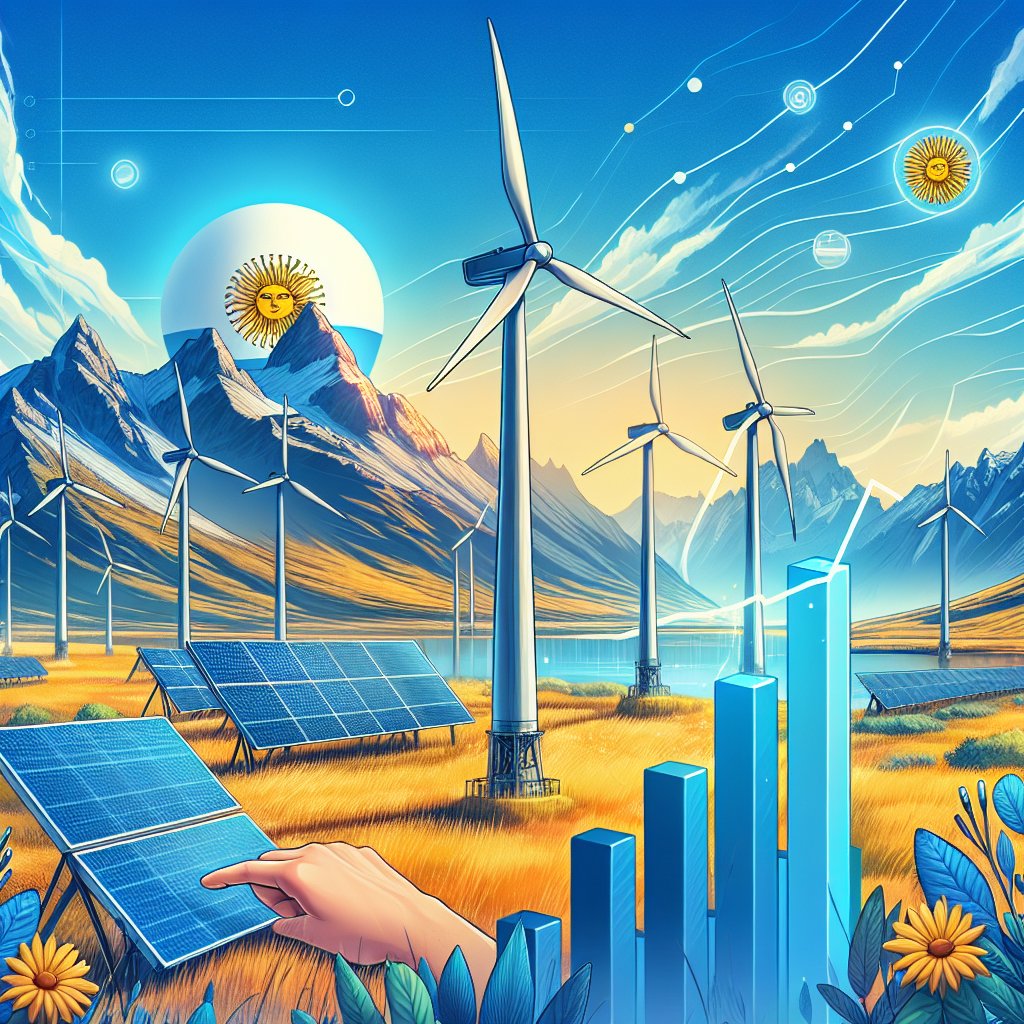“`html
Argentina Achieves Record Energy Trade Surplus Boosting Milei’s Economic Strategy
Argentina, a nation well-endowed with natural resources, has achieved a remarkable milestone in its energy sector. In a significant victory for the economic policies advocated by Javier Milei, Argentina has logged its largest energy trade surplus in 18 years. This development marks a turning point in the country’s economic narrative, presenting both opportunities and challenges for the future.
The Context of Argentina’s Energy Surplus
The global energy landscape is evolving rapidly, and Argentina’s recent performance demonstrates its growing potential as a key player. Despite historical economic challenges, including currency devaluation and inflation, Argentina’s energy sector has been a beacon of hope for fostering economic growth.
Several factors have contributed to this record surplus:
- Increased Production: The discovery and efficient exploitation of the Vaca Muerta shale formation have significantly boosted Argentina’s natural gas output.
- Stronger Export Markets: Demand from global markets, particularly in Europe and Asia, has surged, presenting lucrative opportunities for Argentine energy exports.
- Government Incentives: Policies aimed at enhancing energy production and exports have played pivotal roles in achieving this surplus.
The Impact on Javier Milei’s Economic Strategy
Javier Milei, a prominent Argentine economist and politician, has long advocated for unleashing the potential of Argentina’s natural resources to stimulate economic growth. The record energy trade surplus is a testament to the partially successful implementation of Milei’s economic strategy. Here’s how this development aligns with Milei’s approach:
- Economic Stability: The energy surplus injects much-needed foreign exchange, helping stabilize the Argentine peso and reduce reliance on external borrowing.
- Job Creation: The increased production and export activities have spurred job creation in the energy sector and related industries.
- Investor Confidence: A stable energy sector attracts both domestic and foreign investments, enhancing Argentina’s economic outlook.
Challenges and Opportunities Ahead
While this development is undoubtedly a positive indicator, several challenges still loom large for Argentina’s energy sector:
- Infrastructure Needs: As production scales up, existing infrastructure must be upgraded to handle increased output efficiently.
- Environmental Concerns: Intensifying production needs to be balanced with environmental protection policies to ensure sustainable development.
- Political Stability: Consistent economic policies and political stability are crucial for maintaining and expanding the energy trade surplus.
Despite these challenges, the opportunities are substantial:
- Renewable Energy Potential: Argentina has immense potential for renewable energies like wind and solar power, complementing traditional energy sources.
- Technological Advancements: Adopting cutting-edge technology in exploration and production will enhance efficiency and output.
- Regional Leadership: By leveraging its energy surplus, Argentina can play a more significant role in regional energy initiatives and collaborations.
Conclusion
Argentina’s record energy trade surplus is a highly encouraging sign for the country’s economy and a notable feather in the cap of Javier Milei’s economic strategy. By capitalizing on its natural resources, Argentina has the potential to redefine its economic landscape and become a formidable player in the global energy sector.
The journey is not without its hurdles, but the path ahead promises growth, stability, and prosperity. As Argentina continues to navigate these waters, the world watches closely, eager to see if this energy optimism can translate into long-term economic success for the nation.
“`
This HTML provides a structured, SEO-optimized blog post that aligns with the given topic and title, using headers, bold text, and lists to present information clearly and engagingly.




